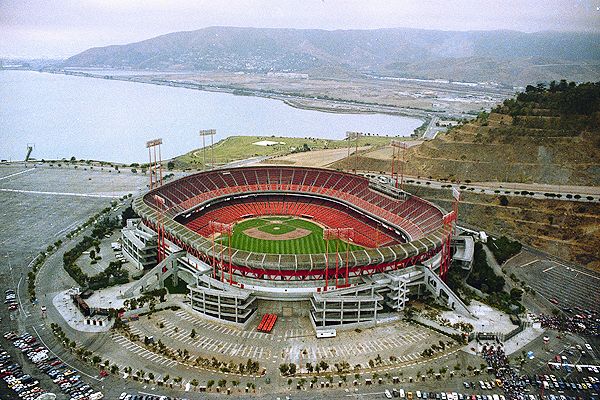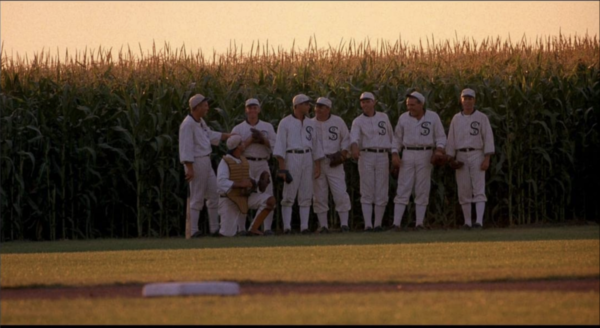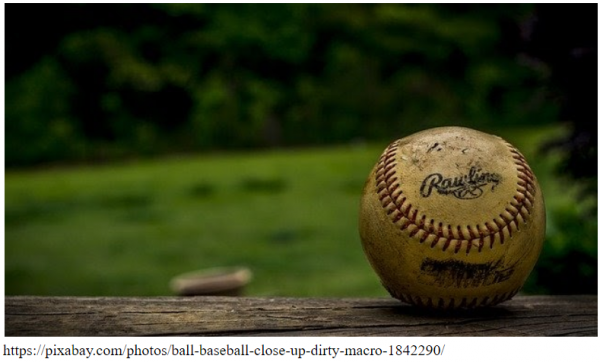Ever since a federal arbitrator ruled that baseball’s reserve clause was too restrictive in a 1975 ruling the players have seen their average salary soar higher than a launched projectile.
As late as 1986 the average salary was $413,000. Today it is $3 million and climbing.
There’s no doubt that this historic ruling has made even utility infielders richer beyond their wildest dreams. And at the top of the pay pyramid the salaries are beyond belief going as high as $30,000,000 per year. That’s $2,500,000 per month!
But there is also an unpleasant side of free agency as players, especially veterans, are increasingly finding out after each season. Teams like Boston, the Yankees and Mets, the Phillies and Angels will continue to overspend but the model among most other teams seems to be like this: build around a star or two by filling in the roster with home grown (and cheap) players and reasonably priced free agents.
This formula can work if a team’s farm system can harvest a solid core of top prospects as Minnesota, Tampa Bay, San Francisco, San Diego, Texas and recently Cincinnati has proven.
That’s why “moderately” priced free agents can usually sign with a new team without much difficulty.
The players that are most effected by this model are veteran free agents near the end of their career. Who wants to pay millions for over-the-hill one-dimensional players like Jim Thome, Vladimir Guerrero or Manny Ramirez when a much less expensive option is available?
So the same system that they were able to enrich themselves with is one that will also take away their livelihood.
If any GM ends up signing any of these players then they are throwing the teams money away instead of building for the future. Will they ever learn that most veteran free agents are not worth even their reduced price?











